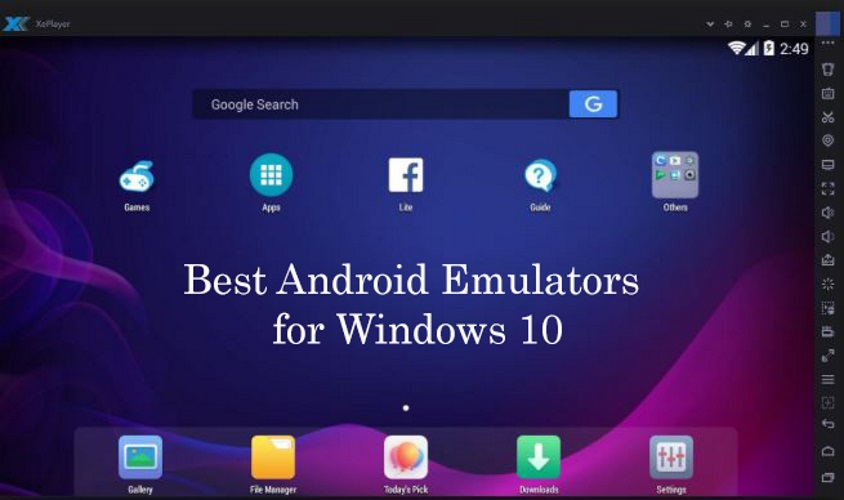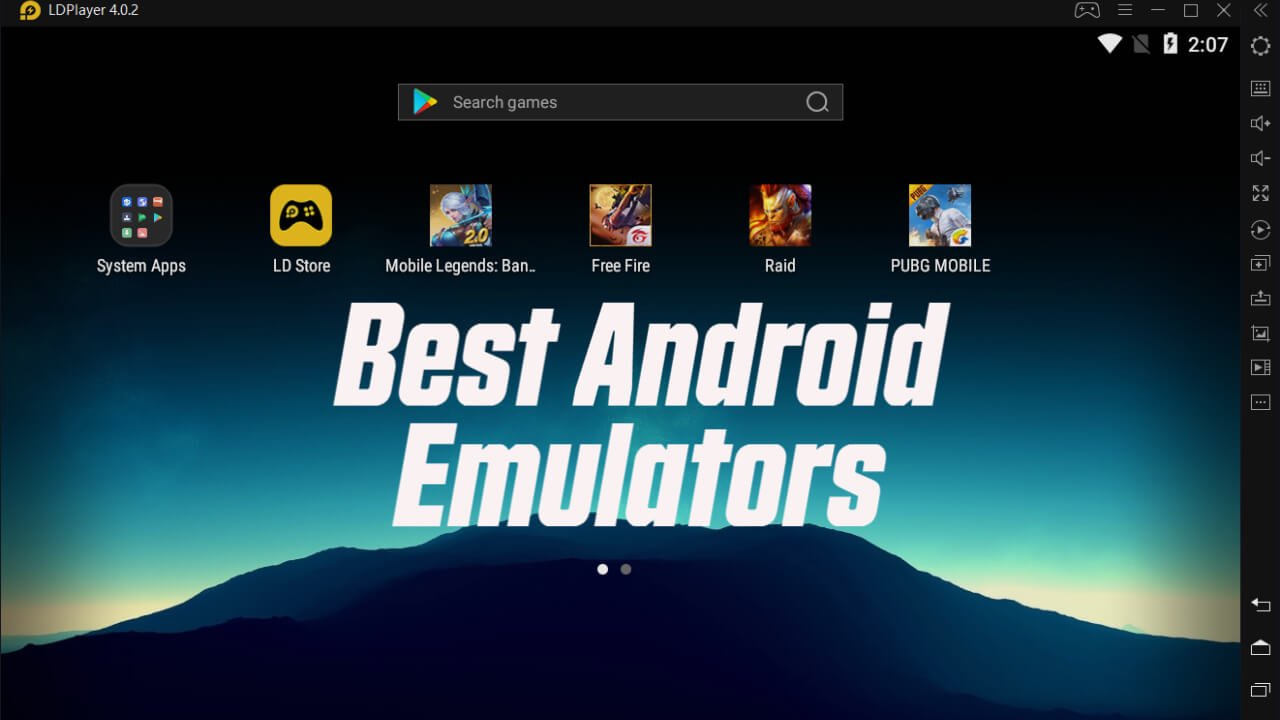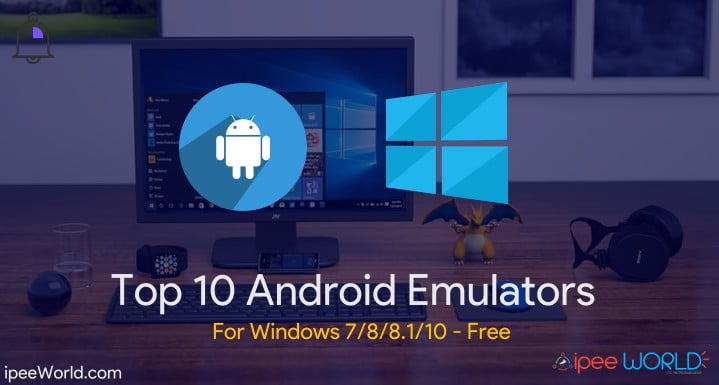Android Emulator For Windows 10 (4GB RAM) In 2025: A Comprehensive Guide
Android Emulator for Windows 10 (4GB RAM) in 2025: A Comprehensive Guide
Related Articles: Android Emulator for Windows 10 (4GB RAM) in 2025: A Comprehensive Guide
Introduction
With great pleasure, we will explore the intriguing topic related to Android Emulator for Windows 10 (4GB RAM) in 2025: A Comprehensive Guide. Let’s weave interesting information and offer fresh perspectives to the readers.
Table of Content
Android Emulator for Windows 10 (4GB RAM) in 2025: A Comprehensive Guide

Introduction
Android emulators have emerged as indispensable tools for developers, testers, and enthusiasts alike. They allow users to run Android applications and experience the Android ecosystem on their Windows computers. In this article, we will delve into the world of Android emulators, with a specific focus on their capabilities and benefits for Windows 10 systems with 4GB of RAM in 2025.
Understanding Android Emulators
An Android emulator is a software program that simulates the hardware and software environment of an Android device. It allows users to install and run Android applications on their computers, enabling them to test, debug, and experience Android apps without the need for physical devices.
Benefits of Using an Android Emulator
Using an Android emulator offers numerous benefits, including:
- App Development and Testing: Emulators provide a convenient platform for developers to create and test Android applications. They can simulate different device configurations, screen sizes, and Android versions, ensuring compatibility and functionality across a wide range of devices.
- Gaming: Emulators enable users to play Android games on their computers, offering a more immersive experience with larger screens and better controls.
- Compatibility Testing: Emulators allow users to test the compatibility of their applications with different Android versions and devices, ensuring seamless operation across various platforms.
- Security Research: Emulators can be used by security researchers to analyze Android applications and identify potential vulnerabilities, enhancing the security of the Android ecosystem.
Choosing an Android Emulator for Windows 10 (4GB RAM)
When selecting an Android emulator for Windows 10 with 4GB of RAM, consider the following factors:
- Performance: The emulator should run smoothly on your system, providing a responsive and lag-free experience.
- Features: Look for emulators that offer a wide range of features, such as support for multiple Android versions, device configurations, and GPS simulation.
- Compatibility: Ensure that the emulator is compatible with your version of Windows 10 and your specific hardware configuration.
- Ease of Use: The emulator should be easy to install and use, with an intuitive interface and clear documentation.
Recommended Android Emulators
Based on the criteria mentioned above, the following Android emulators are recommended for Windows 10 systems with 4GB of RAM in 2025:
- BlueStacks: A popular emulator known for its performance, ease of use, and extensive features.
- LDPlayer: An emulator optimized for gaming, offering high frame rates and support for popular mobile games.
- NoxPlayer: A lightweight emulator with a focus on stability and compatibility, suitable for both developers and casual users.
- Genymotion: A professional-grade emulator designed for enterprise use, offering advanced features and support for a wide range of Android devices.
FAQs about Android Emulators
-
Q: How much RAM do I need to run an Android emulator?
- A: 4GB of RAM is sufficient for running most Android emulators, but more RAM can improve performance.
-
Q: Can I use an emulator to play Android games on my PC?
- A: Yes, many emulators support gaming, allowing you to enjoy mobile games on your computer.
-
Q: Are Android emulators safe to use?
- A: Yes, reputable emulators are generally safe to use. However, it is important to download them from trusted sources and keep them updated to ensure security.
Tips for Using Android Emulators
- Optimize Performance: Close unnecessary programs and reduce background processes to allocate more resources to the emulator.
- Enable Virtualization: Ensure that virtualization is enabled in your computer’s BIOS settings to improve emulator performance.
- Use a Custom Kernel: Some emulators allow users to install custom kernels, which can further enhance performance and stability.
- Configure Input Settings: Adjust the emulator’s input settings to match your preferred control scheme for gaming or app testing.
Conclusion
Android emulators play a vital role in the development, testing, and enjoyment of Android applications on Windows 10 systems. By understanding their benefits, choosing the right emulator, and following the recommended tips, users with 4GB of RAM can harness the power of Android emulators to unlock a world of possibilities in 2025 and beyond.




:max_bytes(150000):strip_icc()/memu-android-emulator-c0283e63827142f092a63a92d95ceaef.png)



Closure
Thus, we hope this article has provided valuable insights into Android Emulator for Windows 10 (4GB RAM) in 2025: A Comprehensive Guide. We appreciate your attention to our article. See you in our next article!